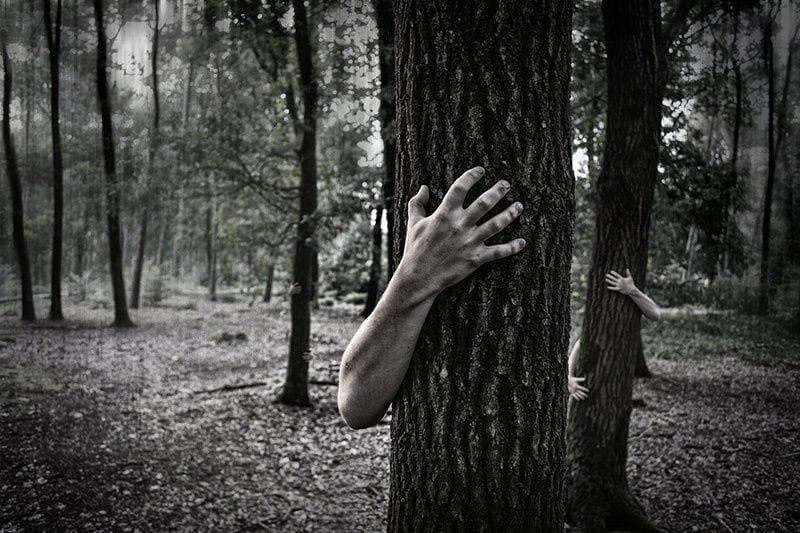Copyright popmatters

Yiyun Li’s Things in Nature Merely Grow brought to mind that I keep a death list on my phone, but it’s not that I’m one to hold grudges. Rather, it is a list of important people in my life who have died. There are 19 names of family and friends lost. Four died by suicide: one by hanging, two by firearms, and one by antidepressant overdose. There is only one person whom I knew for less than six months, and that was my last college roommate (the hanging). I don’t look at the list every day, but it is there if needed. Why keep a death list? One reason is that I feel compelled to remember, constantly. I feel that forgetting some of the people on this list, even for a day, would be some sort of emotional treason. Even if I wanted to forget, I could not, like David Spade reflecting on the 1997 death of his best friend in Brent Hodgeand Derik Murray’s 2015 documentary, I am Chris Farley: “It comes up in something, in my mind, every day, and I think it will forever.” A friend of mine once remarked that a consequence of my being so social and having so many friends was that, numerically, I might just have more friends who might die. This argument has always felt weak. A more realistic scenario is that my grieving process is such that I feel compelled to keep this death list. Every time a friend or family member has died, I feel like a small part of me has died too. The list is a type of history and “living memory”. When David Bowie died in 2016, writer and comedian Marc Maron mournfully stated on his podcast, “The hardest part about your heroes dying is that your heroes die.” That is certainly how I felt in January 2018 when my paternal grandmother died. I found it impossible to share with others about how I knew she would have to die one day, and also believed she was so larger than life that death could not possibly take her. The worst part of all of this is that I often felt like no one understood this level of pain. When I read Yiyun Li’s Things in Nature Merely Grow, for the first time, I had the language to process my grief. This is a devastating book – not exactly a memoir, more like a diary of mourning – that documents the aftermath of her younger son’s suicide in 2024, seven years after the suicide of her eldest son. With her only children dead, Li has written a book with a positionality that no one can reach or even attempt to do so. She offers a warning to readers to simply stop reading if they dislike the concept of radical acceptance or “think suicide is too depressing a subject.” In Things in Nature Merely Grow, Yiyun Li, the Director of Princeton’s Program in Creative Writing, challenges all the nonsensical clichés that abound about death. I kept a running tally while taking notes, and had not realized how pathetic some of these statements can be: e.g., suggesting someone sit down to hear bad news; equating gardens as places of hope; and speaking of death as/with a “silver lining”, “senseless”, “the end of the tunnel”, “unimaginable”, “unfathomable”, “at a loss for words”, or the unimpressive “words fall short”. Li writes about the danger of language: I am against the word “grief,” which in contemporary culture seems to indicate a process that has an end point: the sooner you get there, the sooner you prove yourself to be a good sport at living, and the less awkward people around you will feel. Sometimes people ask me where I am in the grieving process, and I wonder whether they understand anything at all about losing someone. How lonely the dead would feel, if the living were to stand up from death’s shadow, clap their hands, dust their pants, and say to themselves and to the world, I am done with my grieving; from this point on it’s life as usual, business as usual. Another term thrown around to handle bereavement is depicting loss as a black hole. Here again, what Li does well is draw from pain to strip the phrase “black hole” of its meaning. Accordingly, “death fails to be a black hole in one particular sense: it does not absorb all the time. Those who have to live through the days after a beloved’s death and those who are beset by debilitating depression will know this: time stands still, time feels monotonous, and then time becomes Sisyphus’s boulder.” Things in Nature Merely Grow also compelled me to reflect on how poorly Hollywood tackles loss and dying. Though not a focus of this book, it rarely treats death with the complexity it deserves. Three films/TV shows that come to mind are 1. Sean Durkin’s 2023 biography about wrestler Kerry Von Erich, The Iron Claw (2023), and its emphasis on toxic masculinity and expectations; 2. President Jed Bartlett (Martin Sheen) cursing God inside the Washington Cathedral in the political series, The West Wing (2001); and 3. Robert Redford’s examination of family dynamics and loss in his 1980 drama, Ordinary People. Why are there so many great threnodies about loss, but so few films that tackle it well? Yiyun Li reserves much of her rage for those acquaintances (and now former friends) who had the chutzpah to suggest they understood her pain by equating Vincent and James’ deaths with other deaths, other children’s deaths, or tried to engage in some sort of transactional bereavement (which someone I knew described as “the martyr Olympics”). How do you respond, for example, to a question like “How many children do you have?” when your only two children have died, but they are still your children? What should a mother do when everyone continually refers to her children in the past tense? To this, Li writes, “Vincent was and is and will always be Vincent. James was and is and will always be James. We were and are and will always be their parents. There is no now and then, now and later; only now and now and now and now.” Things in Nature Merely Grow is not about death or loss; it is about who we become when we lose. Yiyun Li doesn’t presume to know or understand how loss affects anyone but herself (even her husband). This is not a how-to manual. No one will be saved, no one should thank Li. Her abyss is not a place to be shared, but her act of writing this book has given me the courage to own my grief as mine —not something to be shared, compared, valorized, or understood. Like Li, I do not believe I will ever stop healing or truly find peace with these losses. That is okay.



